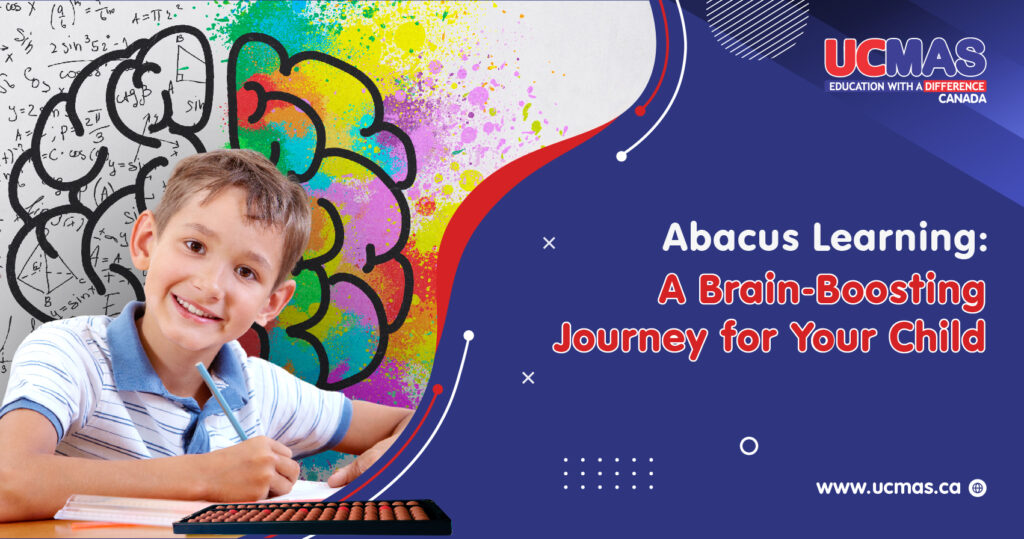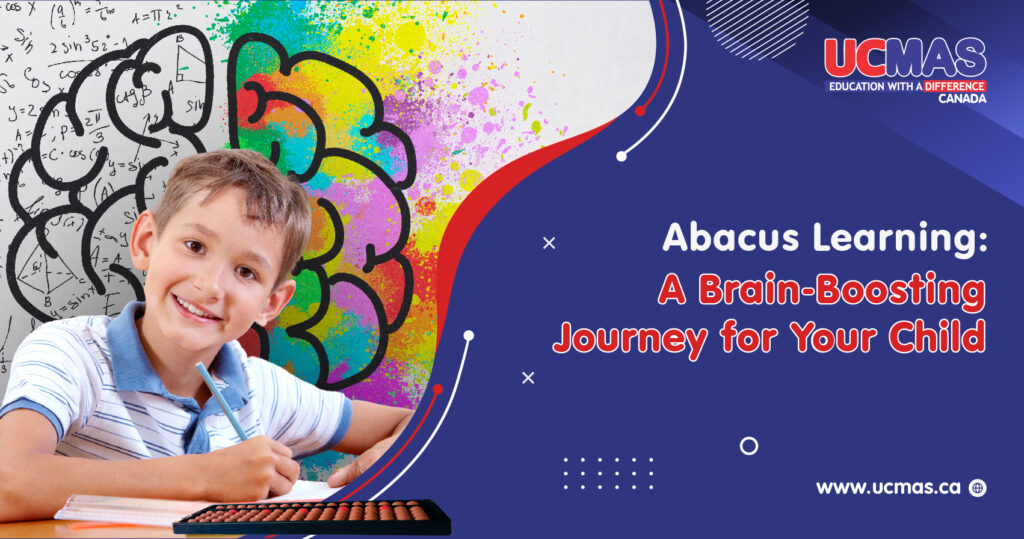
Mathematics is often regarded as a challenging subject by many children and their parents. But have you ever wondered why some students exhibit a lack of interest in this particular subject? In every classroom, there are inevitably a few students who struggle with arithmetic problems, while others seem to grasp them effortlessly.
The human brain possesses incredible potential, with the ability to perform calculations at a staggering rate of approximately one billion calculations per second. But, have you ever wondered what a brain trained in abacus math calculations can achieve?
The Fascinating World of Abacus Math Learning
Let’s delve into the fascinating world of abacus math learning.
Enhanced Calculation Speed
What happens to normal brain functions when introduced to abacus math calculations? The answer is simple: calculating speed undergoes a remarkable increase. Research also reveals that abacus-trained brains experience a significant enhancement in their calculation abilities.
As mentioned earlier, the human brain’s left hemisphere is responsible for logic, language sequencing, and computation, while the right hemisphere primarily focuses on visualization. Students who engage with abacus math harness both the left and right halves of their brains.
Overcoming Visualization Challenges
In contrast, the normal brain often encounters challenges in performing visualizations for two primary reasons:
Lack of training in visualizations: Visualization is a skill that requires practice and nurturing. Abacus math provides an ideal platform for developing this skill, enabling children to grasp mathematical concepts with ease.
A need for a different tool for calculations: Traditional pen-and-paper methods may not be conducive to visualization. Abacus math operations facilitate the development of the entire brain, making it easier for children to understand and work with numbers.
During the process of computation, the normal brain is expected to acquire essential skills such as systematic thinking, problem-solving, sequence recognition, and pattern identification. However, when an abacus is employed, it accelerates all conventional calculations, whether multiplication, division, decimal point usage, or any other computational method. Furthermore, it enhances visualization and memory by training students to visualize the abacus tool and its beads in their minds, a skill that develops through rigorous practice. This heightened concentration enables students to respond rapidly, thereby bolstering their self-confidence and self-esteem.
The Role of Parents in Abacus Learning
Guiding a child through the journey of whole brain development is paramount, as this phase demands parental attention and guidance. Learning requires precision and concentration, particularly in mathematics.
However, as these concepts are often new to children, they seek a supportive figure during their learning journey. The efficacy of learning is intrinsically tied to a child’s interest, and the most compelling way to engage them is by creating an interactive and enjoyable learning atmosphere. Parents play a pivotal role in ensuring that children maintain their enthusiasm for learning and remain energized throughout the process. It depends upon both parents and educators alike to provide unwavering support and care to children to meet their educational needs.
In conclusion, abacus learning is not just about calculations; it’s about unleashing the potential of the entire brain. The benefits extend far beyond mathematics, encompassing improved concentration, problem-solving abilities, and self-confidence. As a parent, embracing abacus learning for your child is a powerful investment in their cognitive development and future success. So, why wait? Start your child’s transformative journey with UCMAS abacus learning today!






